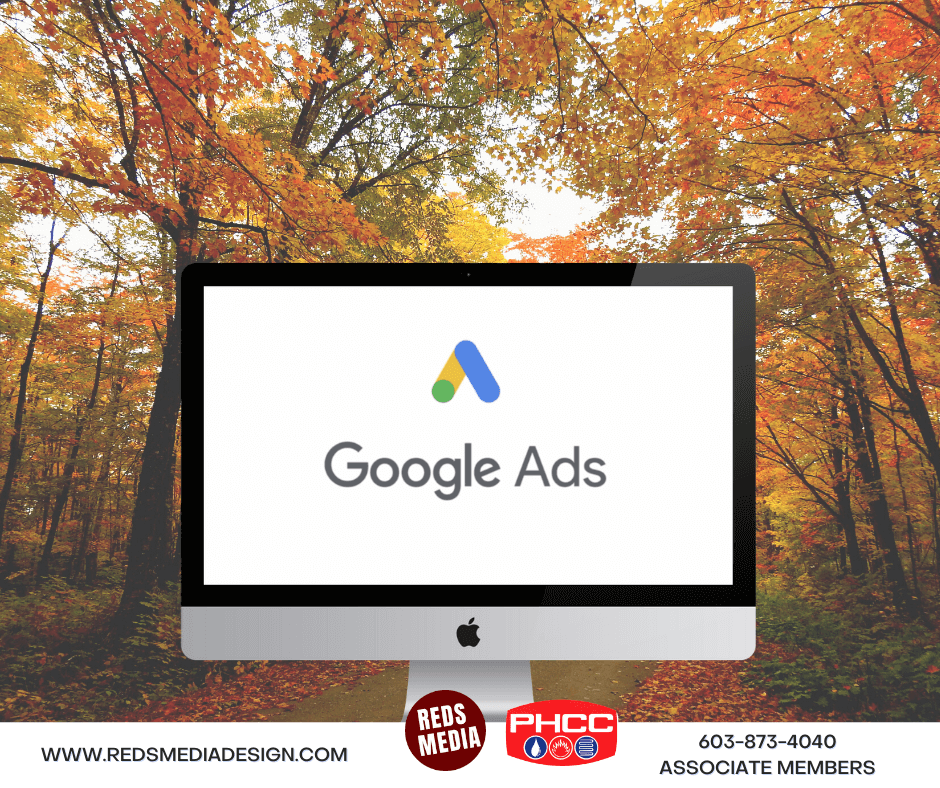“How do I get my construction company found on Google?”
How many times do you find yourself saying you’ll “Google it” when you’re in search of something? For me, it is an every day occurrence. I just Googled something right now – how many google searches per day. Want to know the answer? …….Google it.
Just kidding. The answer is 63,000 PER SECOND! Take a look at how many Google searches are happening right now.
What does this mean for your construction company? This is a massive opportunity. The services that your construction company offers are not immune to this behavior. When someone is searching for a local contractor or remodeling services, there is a very high chance that they are typing specific keywords into Google to find the right company that fits their needs. Your goal is to have your company compete for top positions so you can get that customers business.
So this leads us to the ever important question of how to get your construction found on Google. Following are a few ways to start the process of having your construction company’s website come up when a potential customer is looking for something that you offer.
Have a user-friendly website designed
This is step number one. In years past, you signed up with the Yellow pages, had a yelp page built, or worked with listing agencies. While this worked in the past, those times are now in the rear view mirror. In this current day and age, for you to gain organic traffic and get your construction company found on Google, you need to have a website built. If you don’t know where to start, take a look at our blog post on the 5 Steps In Building An Effective Construction Company Website. You should absolutely continue to list your construction business with all of those listing agencies, but to get the results that you want and deserve, you need a website that you can control and one that will accurately display the work that you do.
Whether you already have a great website, or are starting the process, that website needs to be user-friendly. There are a lot of things that go into a user-friendly website such as good flow, eye-catching design, mobile optimization, and so on, but the biggest factor is speed. Google has stated time and time again that speed is one of their largest ranking factors. To test the speed of your website, please take a look at our 4 Easy To Use Tools To Test Your Websites Speed In 58 seconds.
Research what your customers are looking for
Before you jump into your website or meta data and start adjusting the content, it is important to have an understanding of what your ideal customers are looking for. Once you have this understanding you will have direction to what type of content you should be adjusting and generating.
There are a few different ways to research what type of keywords your customers are searching for. The first is super simple and doesn’t require much work. Simply use the suggestions that Google generates when you begin type a word or phrase into the search bar. As you can see in the example below, when we type “Construction Companies” into the search bar, there are a number of suggested auto-fills that populate.
Use proper heading tags
You have a website and you’ve done your research. Next comes the more technical aspect of ensuring your website is utilizing the proper heading tags associated with the research you’ve done. Every page on your website should have one, and only one, H1 tag. The use of only one H1 tag, as opposed to as many as you want, is currently up for debate. We air on the side of keeping it simple and just using one. The H1 tag is the main header of your page and tells Google what the page is about. Consider this to be the title of the book. For example, if through your research you’ve found your ideal customers are searching for “home remodeling contractors”, you will want a page on your website to have the H1 tag of “home remodeling contractor”. Sounds straightforward, right?
After you’ve given the page on your site a title, you can start building out H2 tags. H2 tags can be considered the chapters of the book. You can have as many H2’s that you need to effectively describe what your page is about. Using the “home remodeling contractor” example as an H1, an effective H2 would be something related to home remodeling, such as “the home remodeling process”.
While the heading tags are very important, what is even more important is writing valuable content under each tag. You know what they say – content is king.
Specify your service area
You will probably see that almost all of the phrases that you looked up had a suggestion that ended with “near me”. When people are doing their Google searches for these types of services, they typically want to see what is available to them in close proximity. Considering your construction company has a specific service area, you can use this to your advantage. While developing the content that is going on your site, build into the content the areas that you want to be working in. On your “home remodeling contractor” page, list out the areas that you service. If your goal is to be working with customers in the Seacoast area of New Hampshire & Maine, say that on the page.
Specifying your service area can, and should, also take affect when creating your meta title tags. The meta title tag is what will appear on Google when potential customers see your company on their search engine result page. Take a look at the example below.
We’re going to dig a little deeper into the meta title tag. In addition to incorporating you service area into the meta title tag, you will also want to use the tag as an opportunity to show your areas of expertise. Every page will have its own meta title tag. That tag should reflect the content that is on that specific page, your service area (as indicated above) and have your company name for branding purposes. So the page titled “home remodeling contractor”, should also incorporate “home remodeling” into the tag. Creating meta title tags can become slightly tricky at times, especially considering you’re only able to use 60 characters. If the meta title is longer than 60 characters Google will cut off the tag.
Use Google Analytics to further optimize
The world of SEO is always changing, which means you will need a way to view your results and determine if your efforts are working. We strongly suggest getting set up with Google Analytics. Google Analytics is a free tool that provides you transparency into what users are coming to your website and how they’re landing on the site. Take a look at our blog post How To Use Google Analytics To Improve Your SEO to learn more.
In addition to Google Analytics, you will want to get set up with the Google Search Console. Google Analytics will not show you the specific keywords you are ranking for, but the Google Search Console will.
Conclusion
So there you have it. Here are different ways you can improve the odds your customers will find your construction company on Google. These are not the only methods, there are many more, but these will help you get off the ground. Remember, optimizing your website for Google is a scalable, long term play. There is no magic wand that will immediately pump your website to the first position for all searches (trust me, I’ve been looking for awhile), but after these efforts you will have put your company in a much better position to start generating organic growth.




